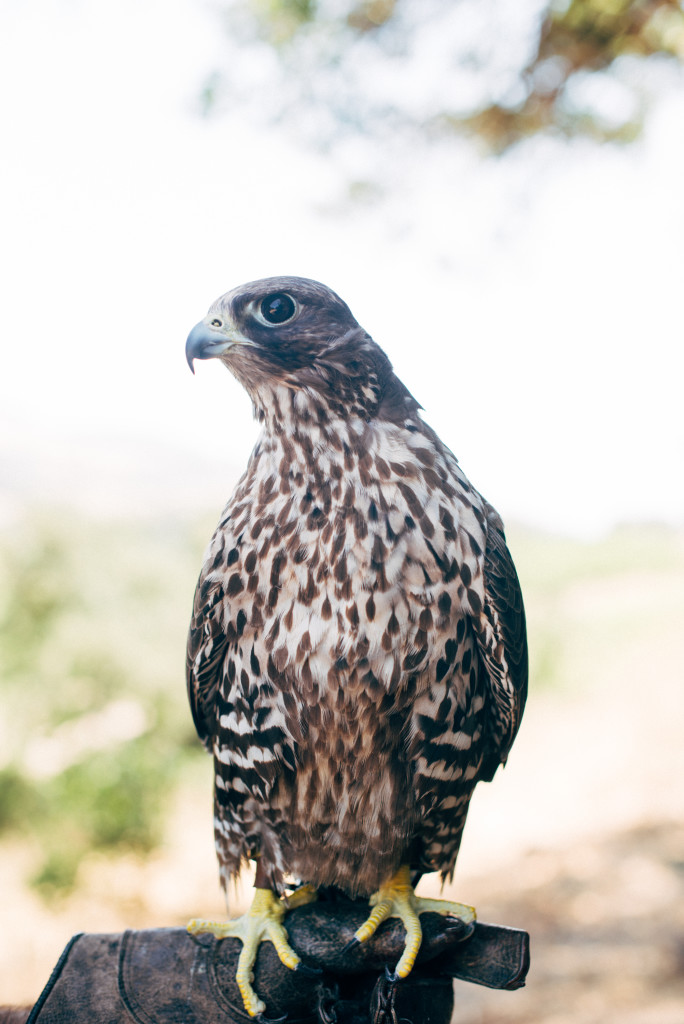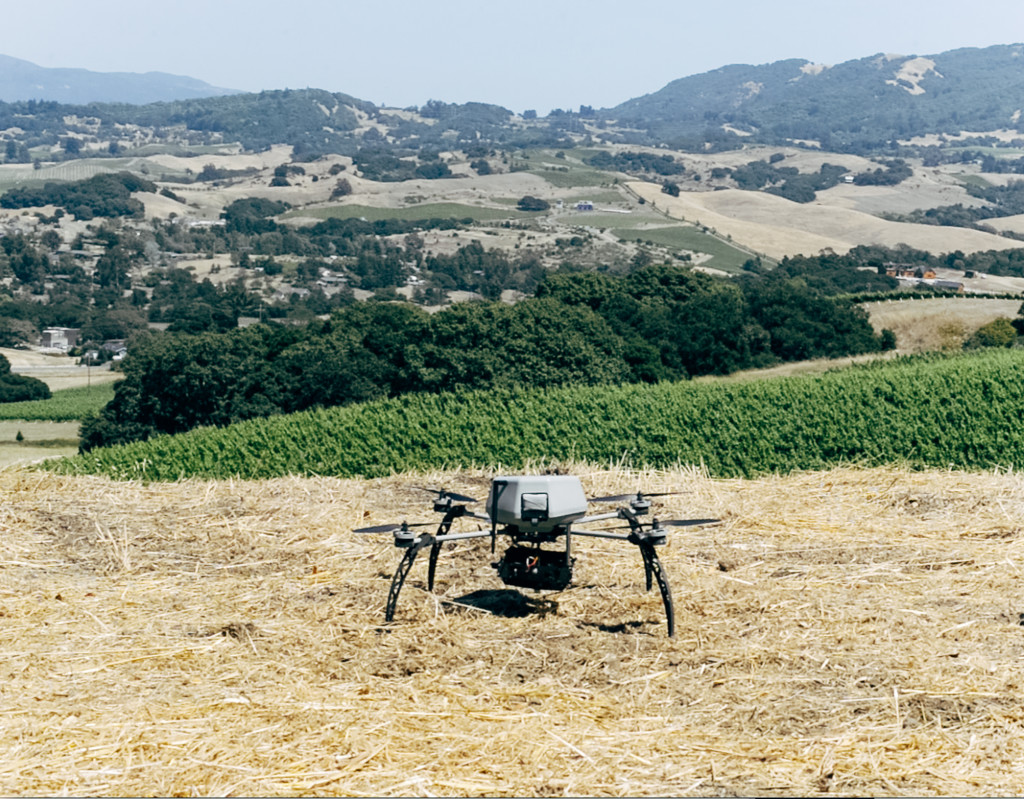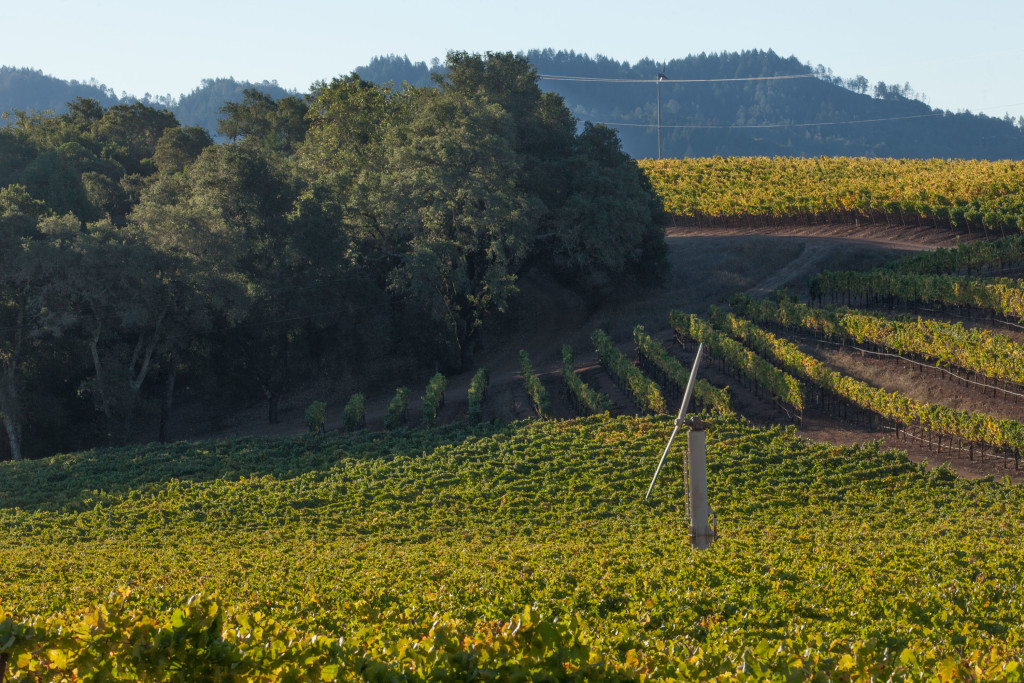The Balance of Nature and Technology: Our Secret to Sustainable Vineyards
Finding the sweet spot between leveraging new technology and traditional wine growing practices is integral to our farming approach. At Kendall-Jackson, we are committed to minimizing our impact on the environment in the pursuit of making high quality wines. By leaving over 60% of our total acreage unplanted and free to grow wild, we help encourage soil stability, healthier plants, and conserve our natural resources while protecting the wildlife that call the vineyards home. We implement sustainable solutions to address vineyard challenges, such as predators, pests, irrigation issues and occasionally disease in the vines.

Meet Midnight. Born and raised on the K-J vineyards, Midnight is essential when it comes to protecting our vineyards. Our harvest coincides with the western migration of Starlings, small finch-like birds that travel in large flocks, looking to feed on ripe, juicy fruit, such as our precious grapes. Midnight, along with other falcons in our vineyards, is highly trained to safely chase the small birds off the property, protecting a very large majority of the crop. Although there are tens of thousands of Starlings flying by the vineyards, the falcons have outstanding eyesight that allows them to see Starlings from miles away. Because of this, only one falcon is needed at a time to patrol the vineyards.
This method is the perfect balance of an effective, natural, way to protect the grapes. By using the falcon, we are able to avoid pesticides and other, less environmentally friendly methods, such as plastic netting over the grapes, which are dangerous to wildlife and create solid waste disposal issues.
Although keeping predators away is a big priority in the vineyard, the health of our vines is fundamental to growing quality grapes. Recently, we introduced an innovative solution to help manage vineyards: the drone.

The drone is an unmanned aerial vehicle that we are employing in our vineyards to help determine non-uniformity among the ripening grapes. Using high tech Normalized Difference Vegetation Index (NDVI) cameras to measure the “greenness” or photosynthetic activity in our grapevines, the drone helps us remotely determine problems such as pests, irrigation issues and diseases in the plants. This is extremely effective because these problems are harder to detect depending on location, such as mountain vineyards. Once the information is collected during flight, it is loaded into a GPS device to locate the infected areas. The GPS device is a key component, allowing us to set up strict parameters to ensure the drone never leaves the property lines.

By detecting the accurate needs of the vines, we can extend the intervals between watering to reduce water usage, allowing us to save resources and time. This has the potential to reduce water usage by up to 20% at our vineyard in Bennett Valley where we pilot tested the technology. Eager to learn more about our sustainability efforts? Check out the sustainability section of the blog.



